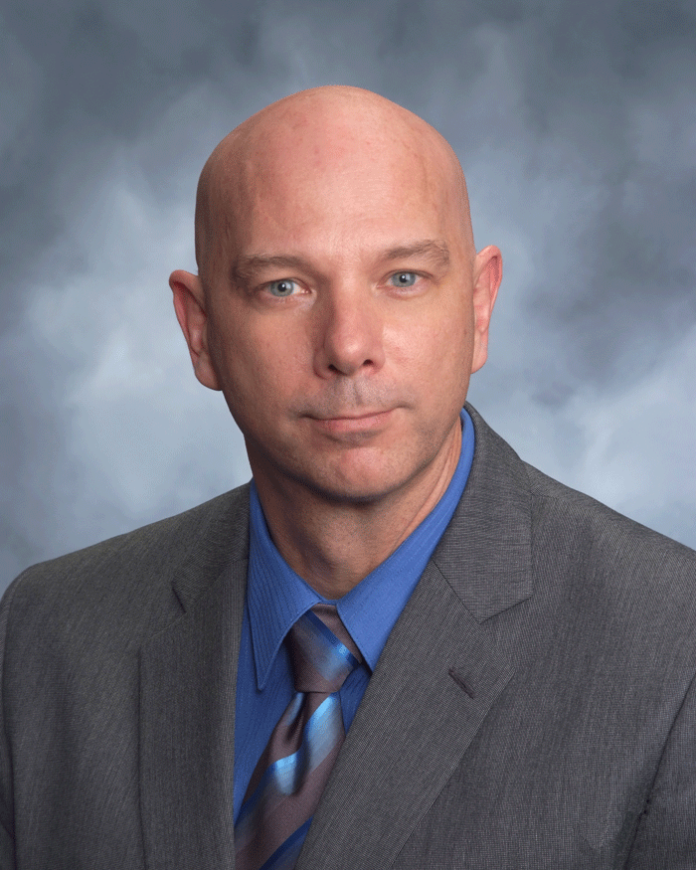On March 7th, 2022 at approximately 7:23 P.M., during a public board meeting at an undisclosed public school district in Oklahoma, a board member burped very discreetly. No one in attendance noticed, but within seconds, a series of analog reels began whirring in an unmarked basement office in the Oklahoma State Department of Education. Moments later, a thin sliver of paper emerges. “Broccoli, she had broccoli for lunch,” a federal agent announces. “Log it and document a trace of wasabi. ” Another tiny slip of paper emerges, and he hits a large red button. “Red alert. We got curry.” Warning lights strobe. “Repeat, curry in section four! This is not a drill.”
Public school board members, students, parents, and staff know that virtually every aspect of their school day is an open record, subject to public accountability, scrutiny, and documentation. And while we hope that burp-detectors are just a myth, no one really knows who reviews all this “data.” We only know it’s on a shelf somewhere, ready when needed. For the record, I also had broccoli last night, seasoned with Ms. Dash. (I respect her too much to call her Mrs. Dash.) I will file the correct forms after Spring Break.
During this session of the legislature, the issue of school choice and vouchers have been center stage, and a very curious thing seems to be happening. Oklahomans are starting to ask if the burp-detectors currently plaguing public schools will follow the voucher funds. Oklahomans are very self-reliant, and we passionately support personal freedom, but we also know how to pinch a penny. We don’t oppose vouchers; we just want to know where the burp-detectors will go in these private schools. It appears that as much as Okies like school choice, they also want to know where their hard-earned tax dollars are going.
No one claims our current system is perfect. Parents, educators, and students have been systematically alienated in recent years by being forced to choose between either Marxism or Crony Capitalism. These are false choices, for true school choice does not begin with far-away, out-of-state interests telling us Okies how to run our schools. Local Oklahoma educators are not radicals committed to usurping parental rights, and local Oklahoma parents do not wish to burn down their local schools. True choice begins at the local level by truly re-empowering local educators and parents.
I have never met a single private or homeschool proponent who wants the government burp-detectors. Likewise, I don’t know any public education parent comfortable with the government monitoring their kids’ cabbage levels. Consequently, the issue of vouchers has become much more difficult as Okies have begun asking questions about accountability and oversight of “voucher” funds. People can agree or disagree with how public schools spend money, but anyone can review every single penny. Will the same public rules apply to vouchers?
In recent weeks, it appears that what has been good for roasting the public goose is problematic for the private gander. Everyone knows if public schools are serving curry, wasabi, or Ms. Dash, so the same transparency should apply to the voucher goose. I have no clue how to season a goose, but Okies want to know the recipe if their tax dollars are being used. This is not as political as it is practical. Oklahomans wish to avoid another epic scandal with school funds. Public Money, Public Rules seems to be a reasonable solution for Okies on both sides of the issue. If the burp-detectors are not good enough for voucher funds, maybe we should reconsider them in your local schools. Unfortunately, we all know where this is heading in the future . . . Dateline: August 23, 2025. Principal Smith sits in his new government-issued chair. Within seconds, a series of computers begin whirring in unmarked basement offices in Washington D.C. . . .
Please pray for wisdom among our state leaders on this difficult issue. Pray for a sense of humor, and above all, please pray for the safety of all Oklahoma schools this Second Sunday of the Month.
Tom Deighan is superintendent of Duncan Public Schools. You may email him at deighantom@gmail.com and read past articles at www.mostlyeducational.com






